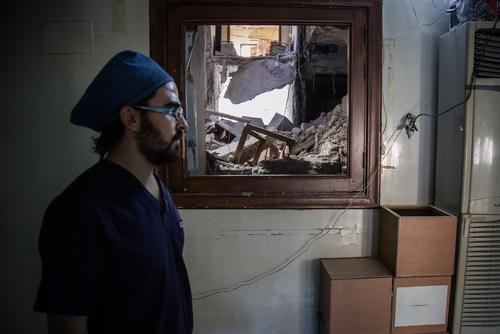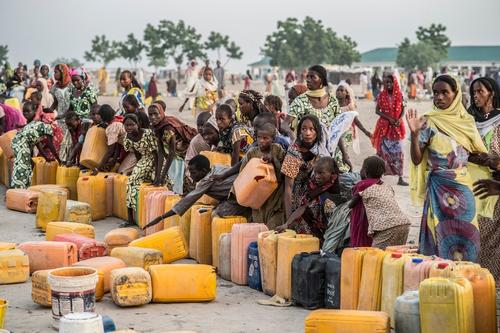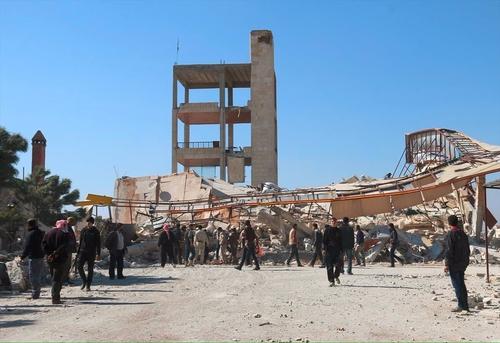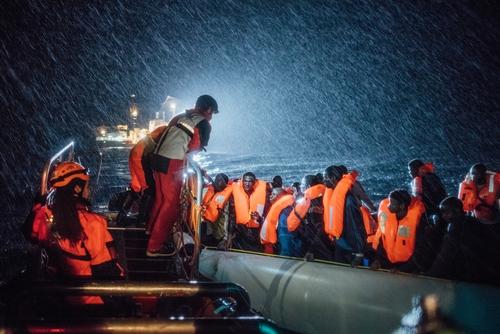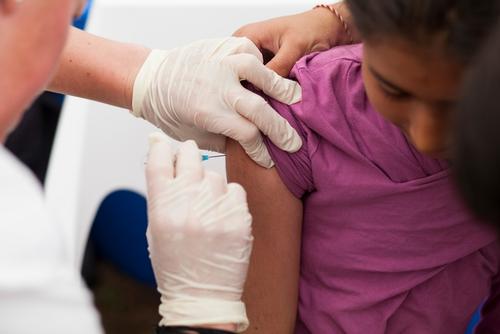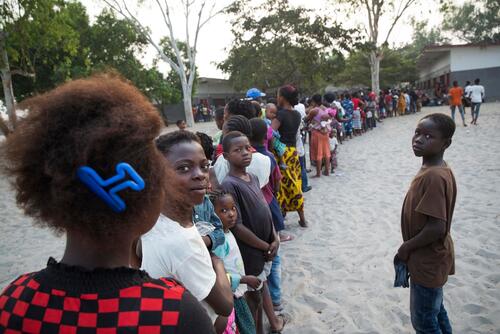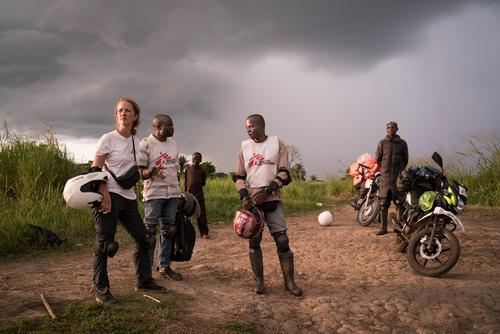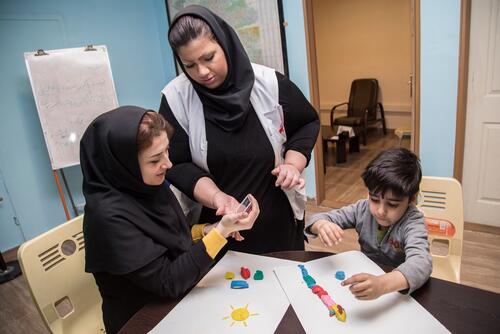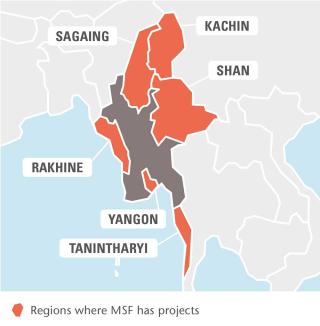
35,000
35,
1,800
1,8
960
96
Dawei, Tanintharyi region
MSF remains the main provider of HIV care in Dawei, Tanintharyi region, and treated 2,355 people with the disease in 2016. Teams are targeting high-risk and vulnerable groups, such as sex workers, men who have sex with men and migrant workers, and supporting the National AIDS Programme (NAP) to decentralise treatment. During the year, 742 stable patients were transferred to NAP care. Also this year, the diagnostic capacity of the project was improved with the introduction of a machine to detect viral load in patients.
In addition, MSF treats HIV patients co-infected with diseases such as tuberculosis (TB), cytomegalovirus retinitis and hepatitis C. This year, some hepatitis C patients started a new, more affordable and more effective oral treatment in Dawei and also in Yangon.
Primary healthcare in Wa Special Region 2, Shan State
Due to a worsening political situation and the inability of MSF to secure access for international staff to work in the region, medical activities in Wa Special Region 2 were limited in 2016. Despite this, in the remote Pang Yang and Lin Haw townships, where access to healthcare is minimal, MSF conducted over 9,000 outpatient consultations through fixed and mobile clinics and supported Ministry of Health vaccination campaigns.
Vaccinations in Naga, Sagaing region
Between January and March, MSF supported the Ministry of Health’s catch-up vaccination campaign for 10,951 children under five in Lahe township. Children were immunised against a number of diseases, including polio, diphtheria, tetanus, whooping cough, measles, hepatitis B and haemophilus influenza type B.
Yangon
In Yangon, MSF provided care to 16,869 patients with HIV, TB or multidrug-resistant TB (MDR-TB) at two clinics, and started its first patient on extensively drug-resistant TB treatment, as part of the endTB programme.
Kachin and Shan states
During the second half of 2016, conflicts in Kachin and northern Shan state intensified, hampering access for staff and patients. In Kachin, MSF continued providing care to 11,020 patients with HIV, TB and MDR-TB. Teams also conducted 68 mental health consultations at a camp for internally displaced people. In Shan, MSF provided treatment to 4,628 patients with HIV and MDR-TB, and a mobile team conducted 900 primary healthcare consultations across the north.
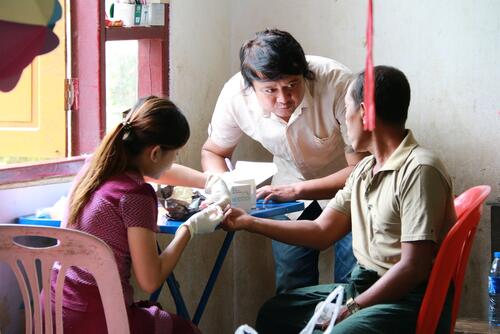
Reduced humanitarian access in Rakhine state
The attacks on border police in northern Rakhine on 9 October prompted a complete lock-down and all humanitarian assistance was suspended, leaving thousands of patients without access to primary healthcare for over two months. MSF conducted just over 2,000 medical consultations during the last quarter of 2016, compared to the roughly 15,000 consultations staff would have expected based on the monthly average. Hospital referrals were also halted, increasing the likelihood of avoidable deaths.
A partial resumption of programmes was allowed in mid-December, albeit in limited areas. Checkpoints hindered access to emergency and specialist care, particularly for the Rohinyga, while movement restrictions for international staff prevented MSF from providing support to its teams and raising awareness about the urgent humanitarian needs in the area.



